 Best Construction Safety Management Software
Best Construction Safety Management Software
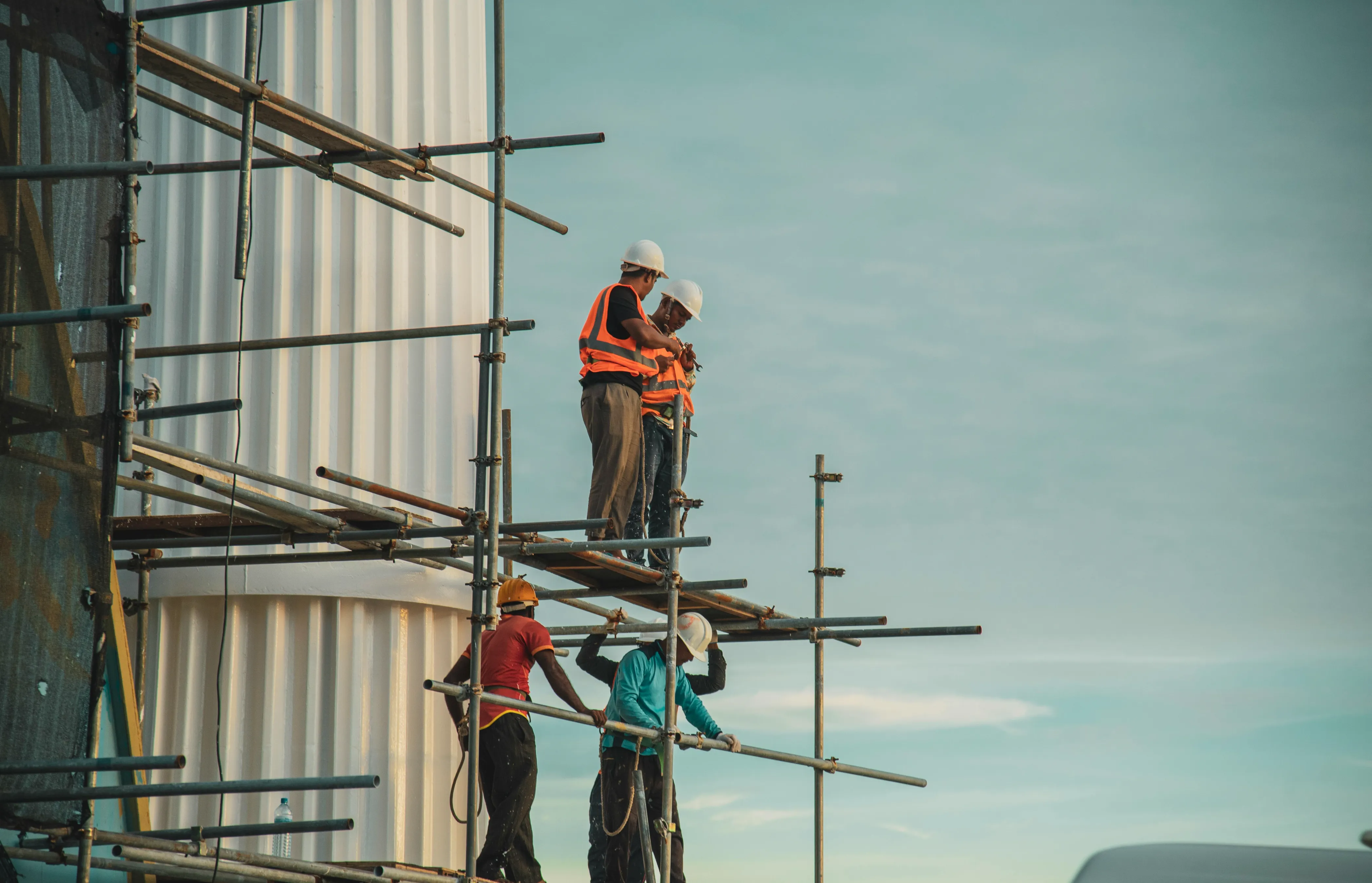 How to Efficiently Manage Construction Compliance
How to Efficiently Manage Construction Compliance
 How to Efficiently Manage Change Orders in Construction
How to Efficiently Manage Change Orders in Construction
 How to Reduce Material Wastage in Construction
How to Reduce Material Wastage in Construction
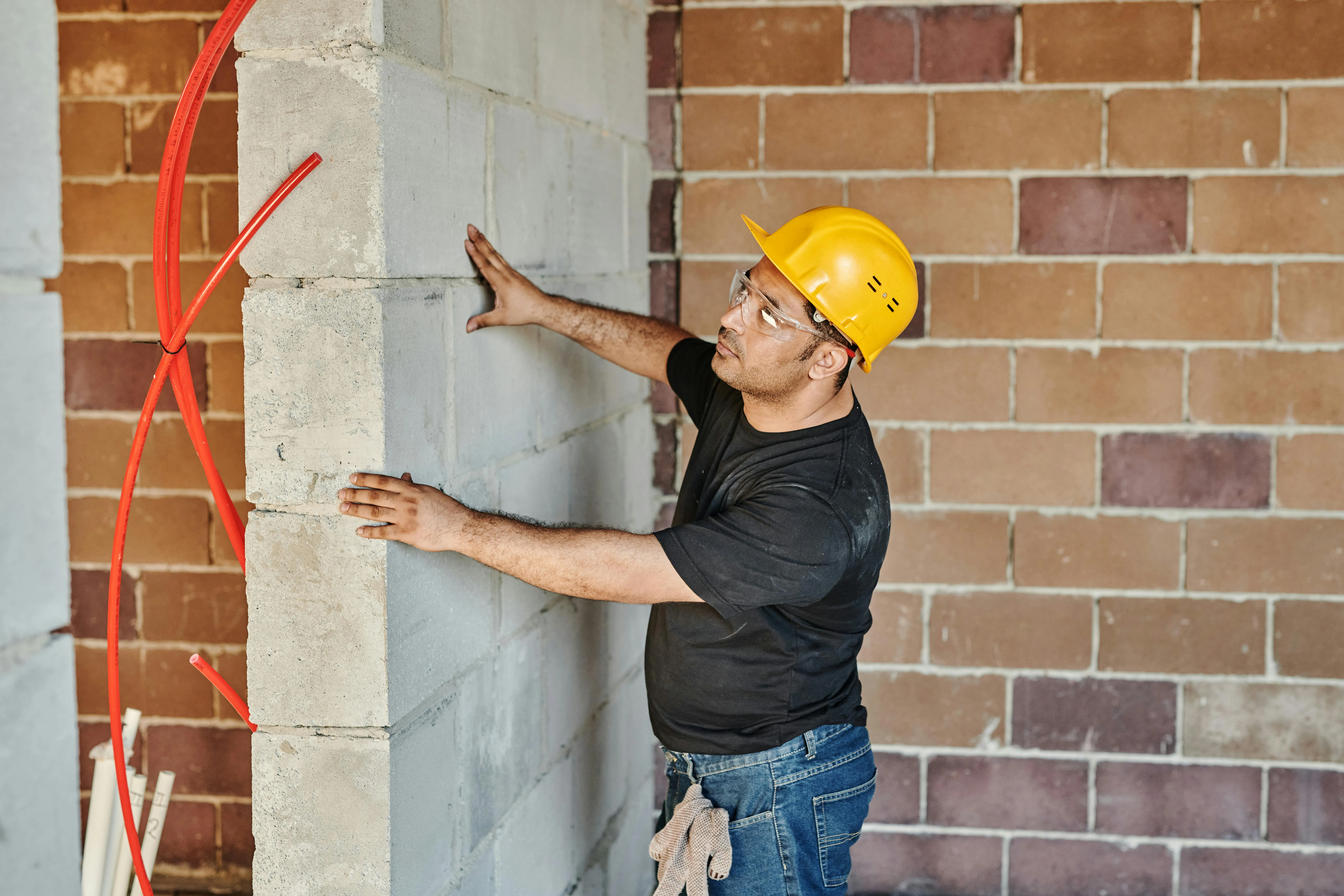 How to Tame Poor Planning and Scheduling in Construction
How to Tame Poor Planning and Scheduling in Construction
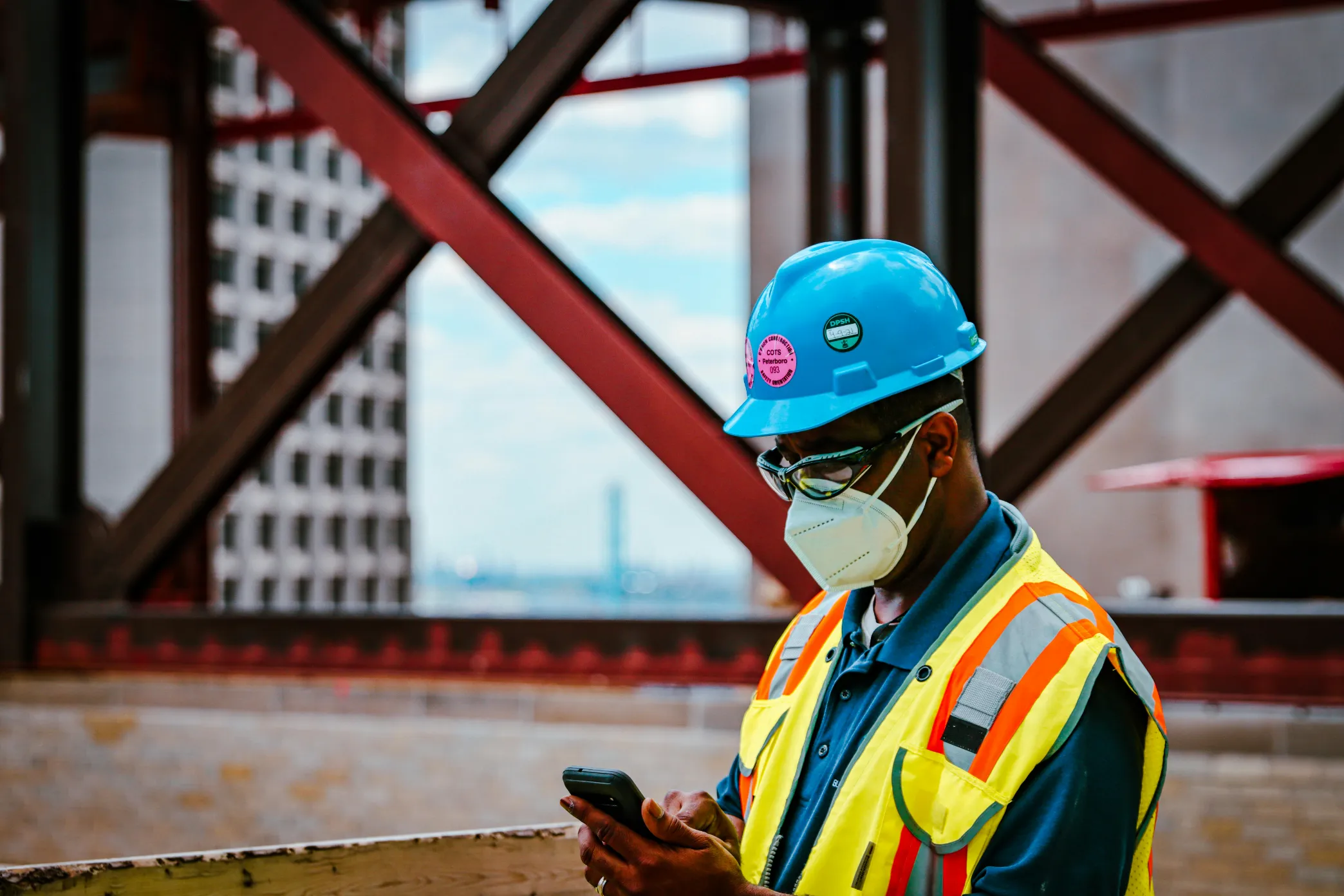 How to Avoid Costly Design Errors in Construction Projects
How to Avoid Costly Design Errors in Construction Projects
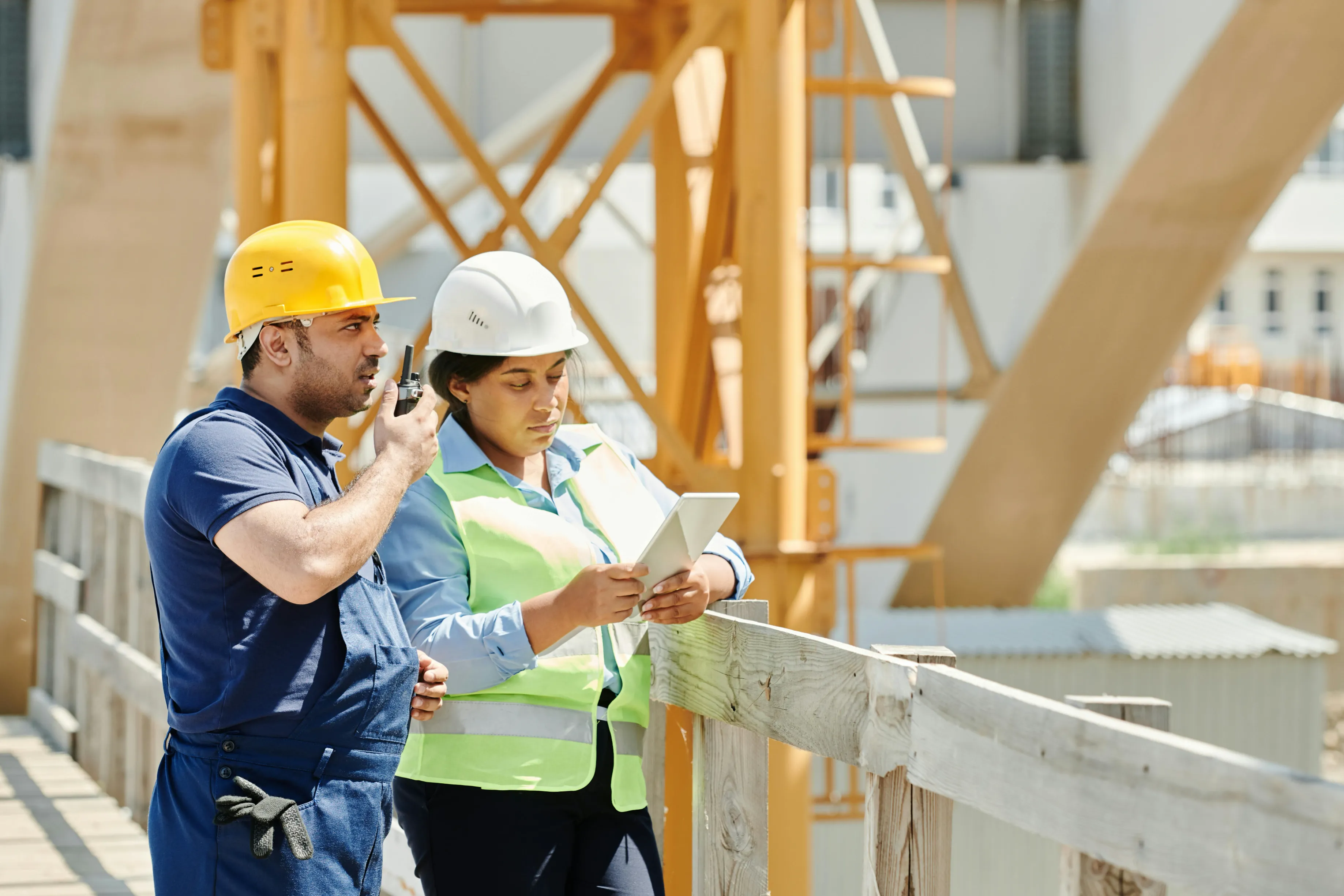 How to ensure effective communication in construction projects
How to ensure effective communication in construction projects
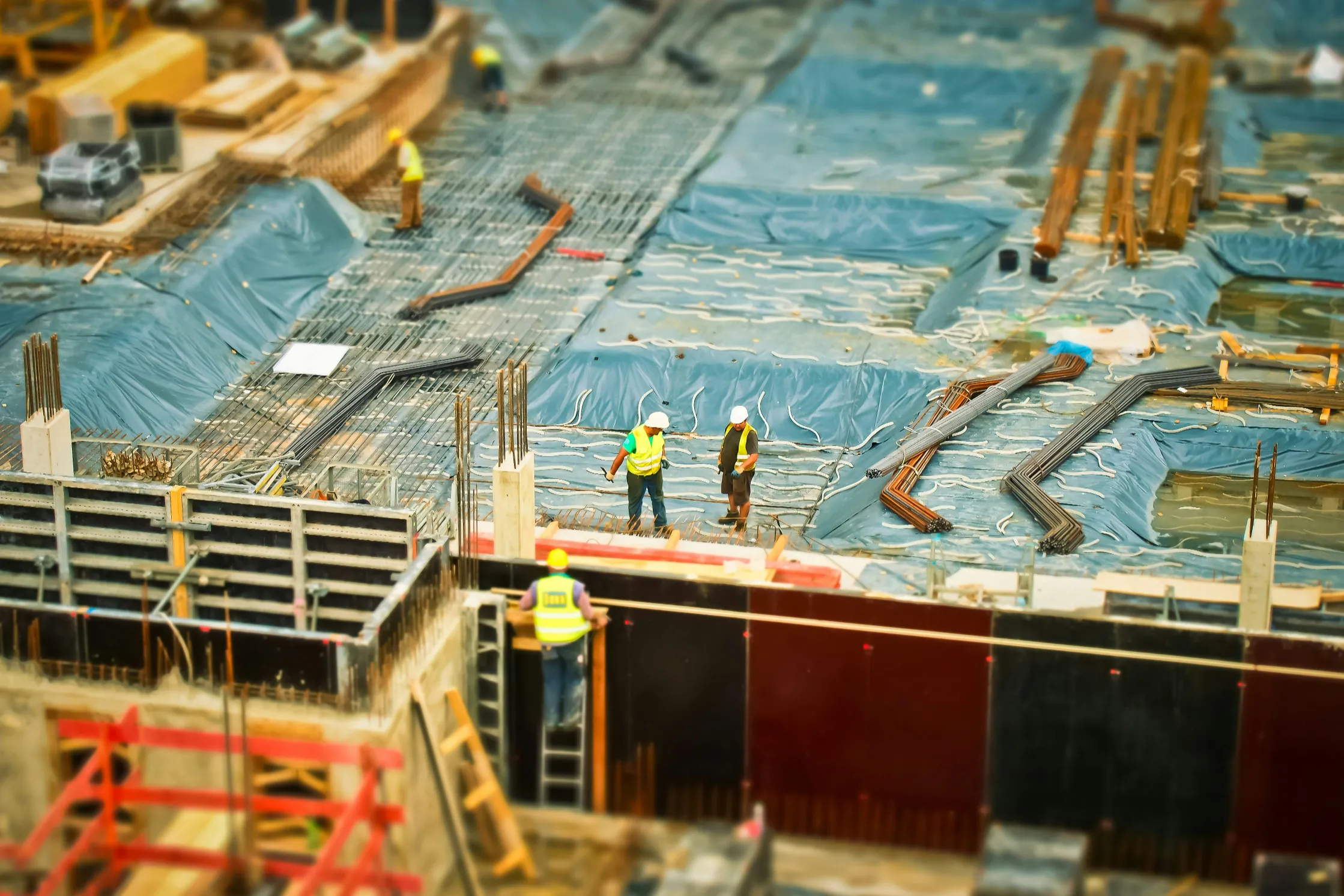 Looking for a top construction project management software?
Looking for a top construction project management software?
 The Best Nonprofit Software Solution: Empower Your Programs!
The Best Nonprofit Software Solution: Empower Your Programs!
 How To Efficiently Streamline Construction Project Coordination
How To Efficiently Streamline Construction Project Coordination

Work better with your teams and gain valuable insights. Get started for free. Add as many users as you want, all for free.